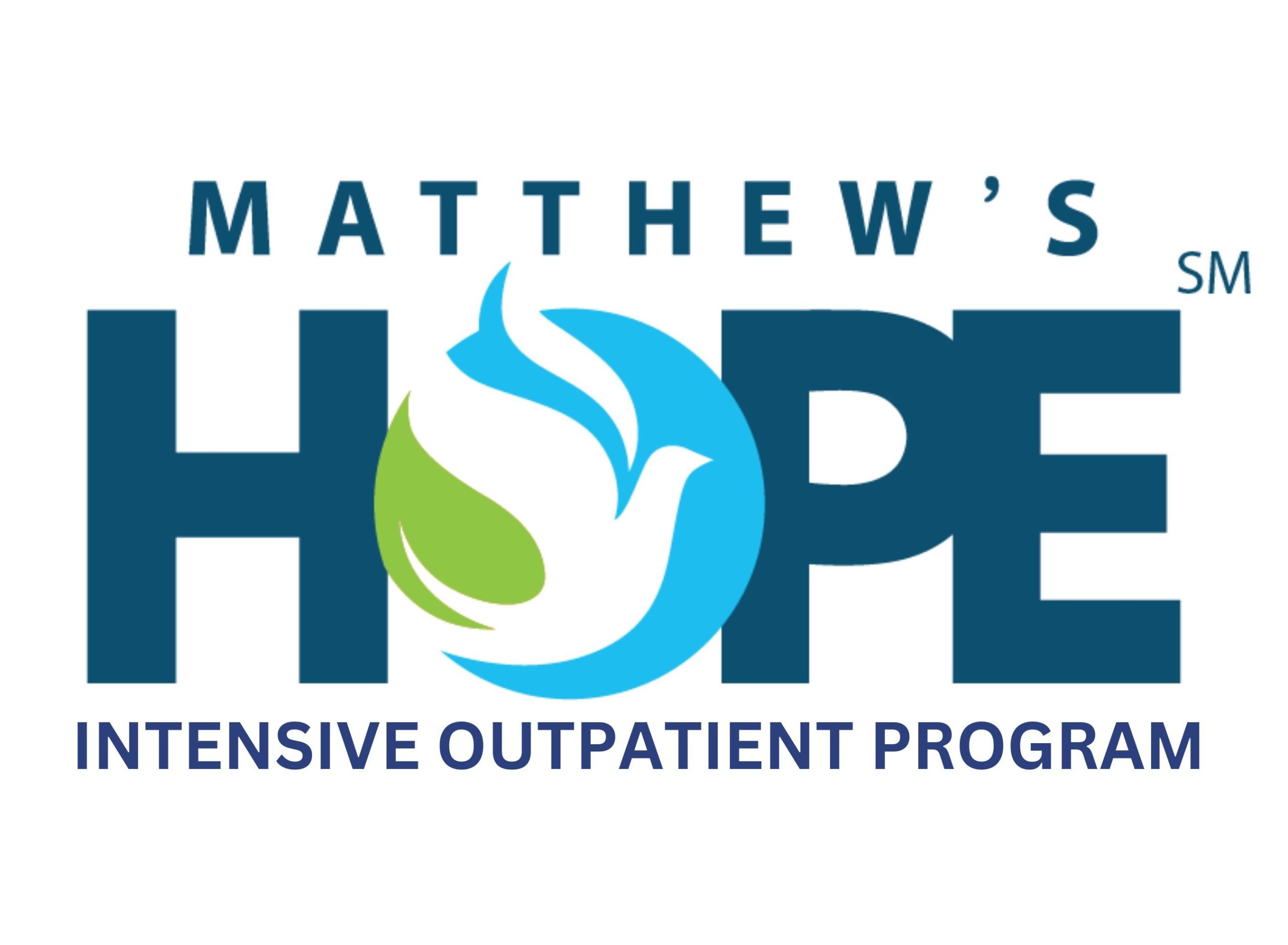The level of care someone needs for alcohol or drug treatment changes on a case-by-case basis. There are a variety of stages in each option that will help individuals overcome these challenges at the pace they need.
Considering the level of care you or your loved one needs, the main options range from outpatient individual therapy and partial hospitalization programs to residential treatment or inpatient care.
The more you understand each of these levels, the better you and your medical care professional can determine what is needed.
Levels of Care for Alcohol and Drug Treatment
As we look through the following levels of care for alcohol and drug treatment and rehab, they’re sorted by intensity level from lowest to highest.
Outpatient (IOP)
When it comes to outpatient treatment for alcohol and drug addictions, patients are required to attend meetings on a regular schedule. This gives them the chance to have consistent interactions with mental health professionals while still maintaining their day-to-day routine. Programs include basic services like counseling, education, and minor psychiatric care.
Outpatient programs are most effective when a patient has a strong support group at home to keep them accountable. It is also more affordable than more intensive levels of treatment.
Partial Hospitalization Program (PHP)
A more intensive option is for a patient to attend a Partial Hospitalization Program (PHP). People get a higher level of care with a PHP that includes more intensive psychiatric consultations and medication management services. Patients have access to 24-hour crisis services as well as additional services like childcare, transportation, and more.
PHP is a more direct approach to alcohol and drug addiction treatment.
Residential (RTC)
There are multiple levels of residential treatment for treating alcohol and drug addiction. Residential treatment is designed for individuals with functional deficits and provides a space for them to live while going through the recovery process. They will reside on-site with 24-hour monitoring from professional staff.
The treatment will include group meetings, individual sessions, a community, life skills training, medication management, and more. Residential treatment varies from low to high intensity depending on the needs and progress of each patient. A higher-intensity plan would be required for someone who has gone through multiple unsuccessful interventions or has committed criminal activity.
Inpatient (Detox)
Inpatient detox is the most intensive and comprehensive treatment available for alcohol and drug addiction. It is usually the required level of care for individuals with additional mental disorders paired with their substance abuse. The program typically includes frequent meetings with a licensed medical professional, 24-hour care, and beyond.
Patients go through inpatient detox as a gateway to recovery and lower levels of treatment. As someone improves, they may gradually be moved into lower-intensity programs like residential treatment, PHP, and outpatient services.
After detox, it’s important for patients to maintain their efforts through a recovery support program.
Trust the Detox and Recovery Support Program at Matthew’s Hope
Each level of care for alcohol and drug treatment is designed to fit the precise needs of individuals within the program. A medical professional is the best resource when it’s time to determine which level is right for you or a loved one struggling with addiction.
Are you looking for help for yourself or a loved one struggling with alcohol or drug addiction? At Matthew’s Hope, we offer a unique detox and recovery program to help people overcome addiction. Get in touch with us today and learn more about the ways we can support you.




